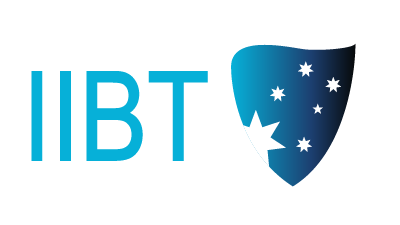Overview
Governance and Operational Excellence drive and enable the performance of all areas and activities at IIBT. The aim of governance is to facilitate effective, efficient and pragmatic management, transparency and accountability that can deliver the long-term success of IIBT. A solid structure, organisation, well-designed reporting systems, ethical approaches and monitoring all dealings, interactions, and transactions effectively are crucial. One of the fundamental objectives of corporate governance is to develop transparent, effective and efficient business practices.
Operational excellence is a core part of the IIBT to remain competitive and cost-effective as it facilitates execution of the strategic plan and goals, improves consistency, efficiency and work processes required for business success. Operational excellence embraces problem-solving, continuous improvement, flexible change approaches, fit for purpose quality assurance methods, tools and systems to support the broad key performance outcomes.
By 2025 all IIBT’s governance, management and administrative policies, processes and systems will be developed, implemented, tested and refined based on best practice examples in comparable organisations.
Strategic Goals
- Maintain accreditations from TEQSA, ASQA and endorsement from NEAS for the different courses (Higher Education, VET courses, English Language Programs) regarding governance and operational standards.
- Provide high quality governance, leadership, management, and a commitment to continuous improvement based on best practice examples and in accordance with the different accreditation and endorsement bodies’ (TEQSA, ASQA, NEAS) standards.
- Establish and maintain highly functional governance bodies (Board of Governance and Academic Board) through the inclusion of suitably qualified independent and IIBT membership and supported by transparent and accountable processes and reporting methods.
- Develop and implement a Risk management framework to mitigate and manage risks.
- Support learning and teaching activities through sufficient quality facilities, infrastructure, suitably qualified staff and innovative teaching to deliver the different courses of study.
- Provide and recommend learning resources that are appropriate to the level of the course of study, consistent with the expected learning outcomes and modes of participation, and accessible (including for individuals with special needs) to enhance optimal outcomes.
- Develop and implement student management processes, procedures and/or relevant technologies to enhance effective student enrolment, progression and graduation.
- Develop and implement student management processes, procedures and/or relevant technologies to enhance effective administration and management.
- Maintain quality assurance systems and processes fit for purpose, based on best practice examples in comparable organisations.

